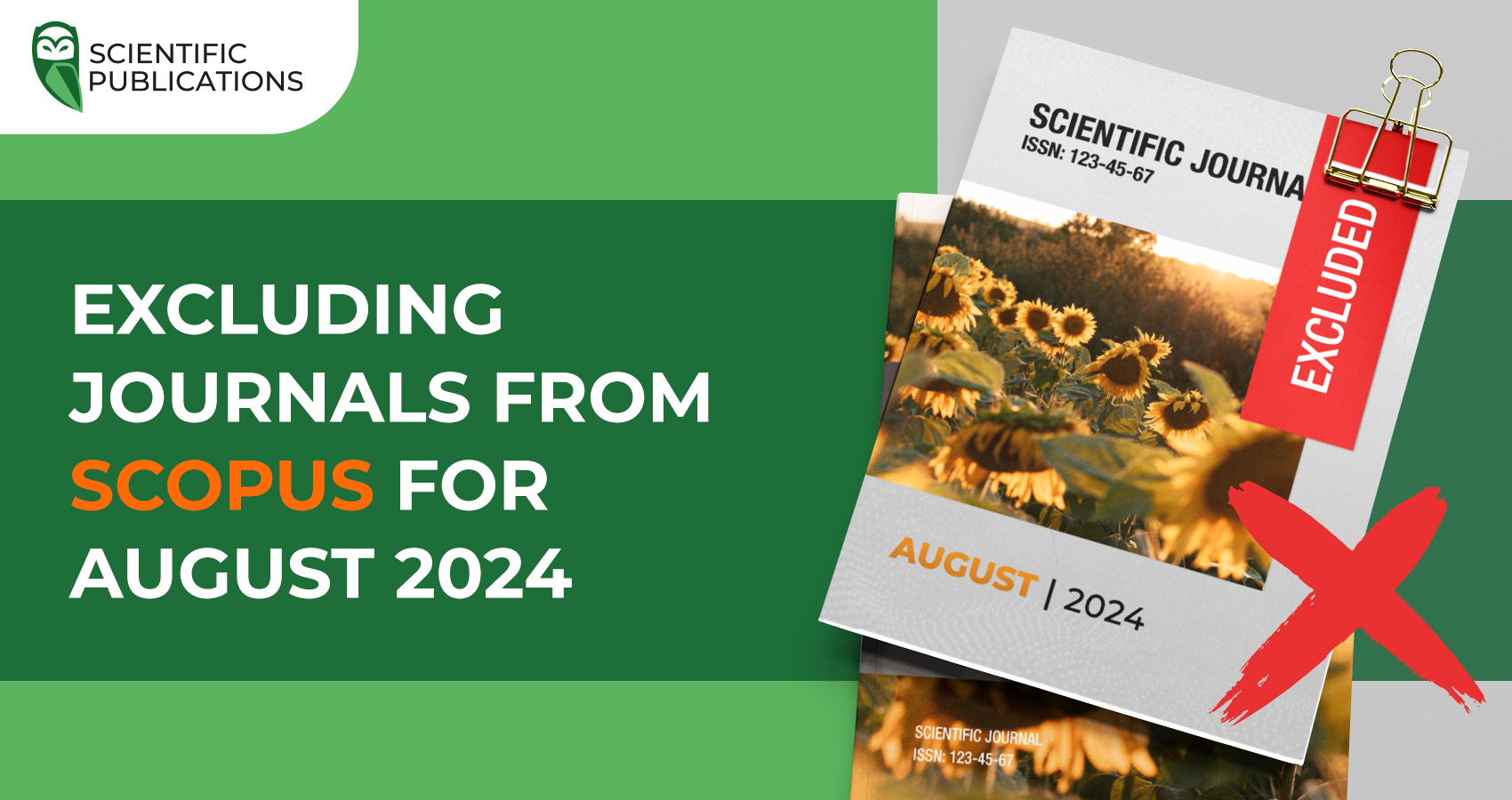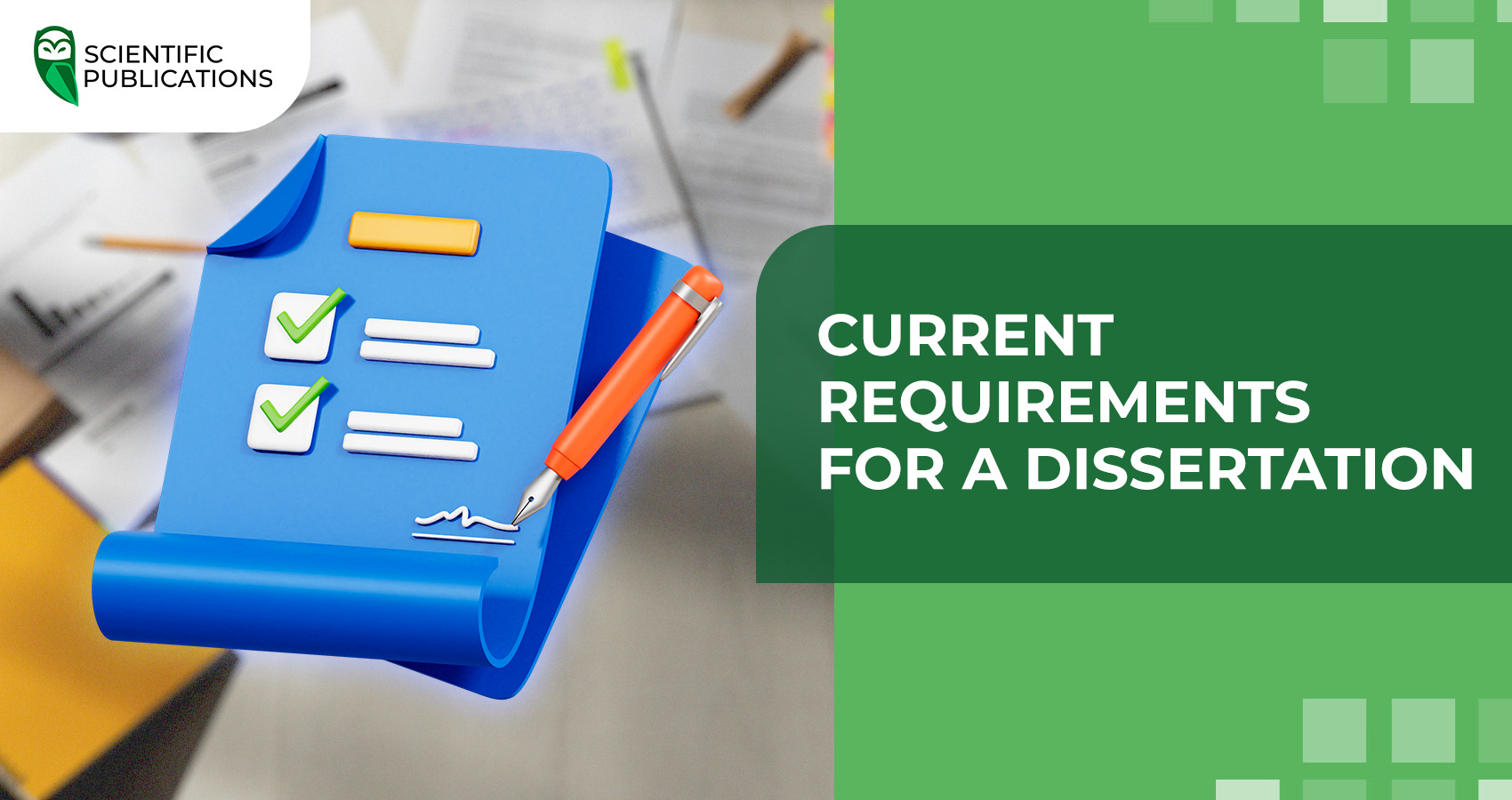The company "Scientific Publications" has traditionally prepared an up-to-date list of excluded scientific journals from the largest scientometric database Scopus. It is recommended to familiarize with the updated list of publications that ceased indexing in August 2024 in the global scientometric service.

The main reasons for the exclusion of journals from Scopus
Scopus is one of the leading scientometric databases that indexes only high-quality scientific materials and scientific journals. An independent commission of the service regularly checks the compliance of publications with the established standards and excludes those that no longer meet the criteria of the scientometric platform. Some key reasons for the exclusion of journals from Scopus:
-
low quality of articles: journals publishing articles that do not contribute sufficiently to science and do not carry scientific value are excluded
-
violation of scientific ethics: plagiarism or self-plagiarism leads to immediate exclusion from the database
-
poor scientific metrics: the Radar system tracks suspicious activities, such as sudden changes in the number of publications or citations
-
violation of Scopus standards: failure to meet peer-review and research quality requirements also results in exclusion
-
change of editorial policy: lowering of standards or change of scientific focus can cause exclusion from the service.
Full list of excluded journals in August 2024
During the previous month, only 3 publications were excluded from the Scopus database. In the table below we have listed the list of excluded journals from the scientometric platform, as well as the reasons for their removal.
|
№ |
Scientific Journal |
ISSN / eISSN |
Reasons for exclusion |
|
1 |
EAI Endorsed Transactions on Scalable Information Systems |
eISSN – 20329407 |
Radar |
|
2 |
International Journal of Pharmaceutical Quality Assurance |
eISSN – 09759506 |
Radar |
|
3 |
Scientific Herald of Uzhhorod University. Series Physics |
ISSN – 24158038 |
Radar |
The most common reason for the exclusion of journals from Scopus is the low quality of published materials detected by Radar, Elsevier's monitoring system that tracks the deterioration of scientometric indicators. "Publication Concerns" is the second common reason for excluding journals from Scopus.
What does Radar track?
The Radar system, developed by Elsevier, detects deterioration in the performance of journals indexed in Scopus. The main reasons for disqualification of scientific publications by the Radar system:
-
violation of publication ethics
-
lack of peer review
-
artificially inflated citations
-
an abnormal number of publications that raise doubts about their quality
-
acceptance of articles without careful evaluation and selection
-
abrupt change of scientific orientation.
The removal of publications from the database for the above reasons helps Scopus to maintain a high level of quality and reliability of published materials.
Subscribe to our social media updates to keep up to date with the latest news in the world of science and scientometrics. We regularly update the lists of journals excluded from Scopus and analyze global scientific trends.
Need help in choosing the right journal to publish in Scopus? Our experts are ready to help you. Fill out the form below for a free consultation.





